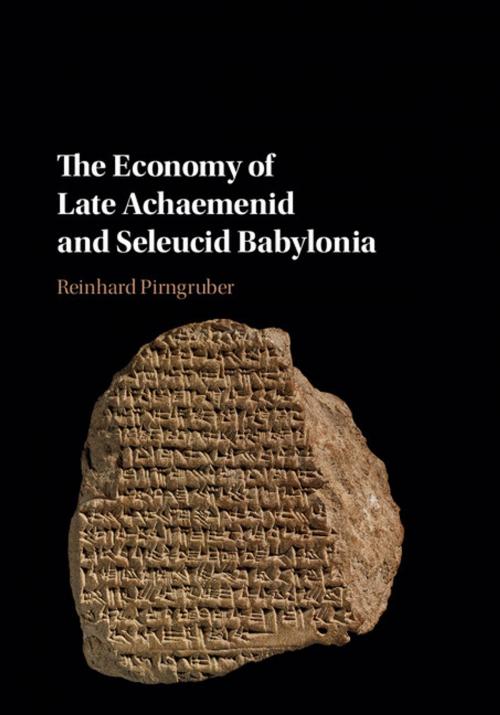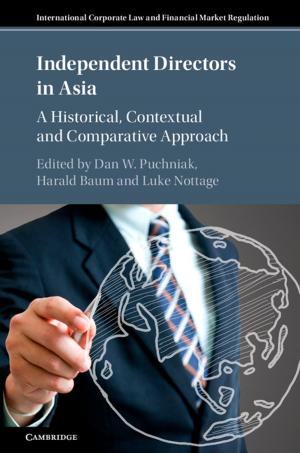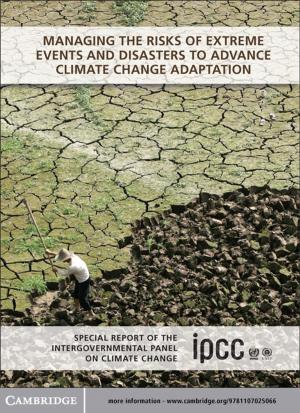The Economy of Late Achaemenid and Seleucid Babylonia
Nonfiction, History, Ancient History, Business & Finance| Author: | Reinhard Pirngruber | ISBN: | 9781108161190 |
| Publisher: | Cambridge University Press | Publication: | March 6, 2017 |
| Imprint: | Cambridge University Press | Language: | English |
| Author: | Reinhard Pirngruber |
| ISBN: | 9781108161190 |
| Publisher: | Cambridge University Press |
| Publication: | March 6, 2017 |
| Imprint: | Cambridge University Press |
| Language: | English |
In this book Reinhard Pirngruber provides a full reassessment of the economic structures and market performance in Late Achaemenid and Seleucid Babylonia. His approach is informed by the theoretical insights of New Institutional Economics and draws heavily on archival cuneiform documents as well as providing the first exhaustive contextualisation of the price data contained in the Babylonian Astronomical Diaries. Historical information gleaned from the accounts of both Babylonian scholars and Greek authors shows the impact of imperial politics on prices in form of exogenous shocks affecting supply and demand. Attention is also paid to the amount of money in circulation. Moreover, the use of regression analysis in modelling historical events breaks new ground in Ancient Near Eastern Studies and gives new impetus to the use of modern economic theory. The book explains the theoretical and statistical methods used so that it is accessible to the full range of historians.
In this book Reinhard Pirngruber provides a full reassessment of the economic structures and market performance in Late Achaemenid and Seleucid Babylonia. His approach is informed by the theoretical insights of New Institutional Economics and draws heavily on archival cuneiform documents as well as providing the first exhaustive contextualisation of the price data contained in the Babylonian Astronomical Diaries. Historical information gleaned from the accounts of both Babylonian scholars and Greek authors shows the impact of imperial politics on prices in form of exogenous shocks affecting supply and demand. Attention is also paid to the amount of money in circulation. Moreover, the use of regression analysis in modelling historical events breaks new ground in Ancient Near Eastern Studies and gives new impetus to the use of modern economic theory. The book explains the theoretical and statistical methods used so that it is accessible to the full range of historians.















